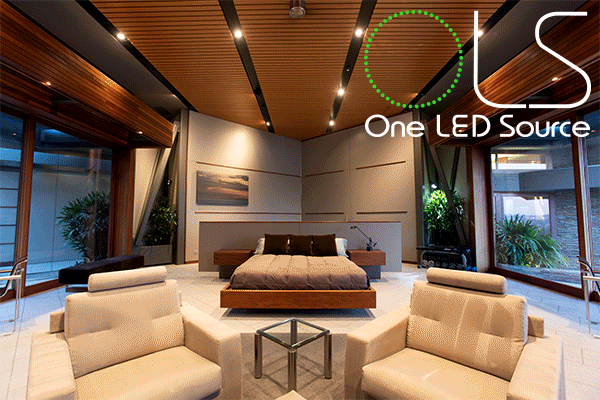Light Emitting Diodes (LEDs) have been turning up all over the place, which leads one to wonder why. What is so great about these little lights? Why are we seeing more and more LED light bulbs cropping up everywhere?
- LED bulbs last longer. Without a filament to break or burn out, LED light bulbs can last for over 100,000 hours without showing their age (that’s over eleven years at full brightness). This lifespan is twice that of typical fluorescent bulbs and twenty times longer than incandescent light bulbs.
- They are energy efficient. An incandescent light bulb loses 80 percent of its energy to heat, leaving only the last 20 percent for light. LED light bulbs turn this around, giving up a scant 20 percent of their energy to heat loss. Not only that, but they operate at 10 to 20 percent of the power required for incandescent bulbs of similar brightness.
- LEDs are more colorful. LED light bulbs can be made in a vast array of colors without the use of extra filters, which brings down production costs. They also provide a truer, brighter color than a filtered bulb.
- LED light bulbs work in silence. The days of humming bulbs came to an end with the creation of LEDs, so there’s no need to lose sanity listening to the thrum, tick, or ping of other light bulbs.
- They are incredibly safe. With so little energy lost to heat and so little energy used overall, LED light bulbs run cool, which means no burnt fingers or burnt down houses. They are extremely durable thanks to their solid-state construction, so there’s no broken glass to deal with, either.
- LED light bulbs are focused. LEDs can be made to focus without the use of extra reflectors or lenses, which means less bulk and lower cost for the same beam of light.
- They are the best for dimming. Incandescent bulbs turn yellow when dimmed, while LED light bulbs retain their true colors.
- LEDs are versatile. Thanks to the wide array of colors and shapes, LEDs can be made to replace most any light bulb. Their diminutive size and power-sipping nature also open up a world of possibility, from infrared remote control lights to the brightest ultra-light headlamps.
- LED light bulbs bring light quickly. Lighting up to their full brightness in microseconds, LEDs are a safer choice when reaction time is a factor, like when that car in the fast lane slams on the brakes.
- They promise a brighter future. LED light bulbs don’t contain mercury, like compact fluorescent bulbs do. Combining that with the fact that they outlast their energy efficient cousins makes the choice to go LED clear as day.
LED light bulbs have a staggering number of uses, and somehow they keep excelling at all of them. When it’s time to shed light on the subject, this jack-of-all-trades masters all.
